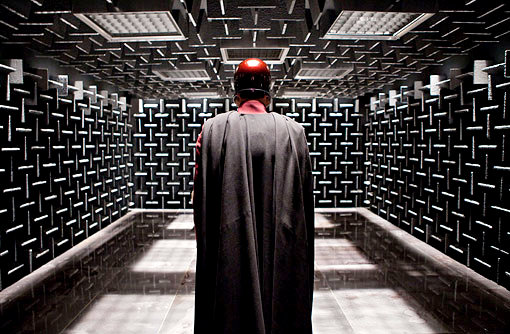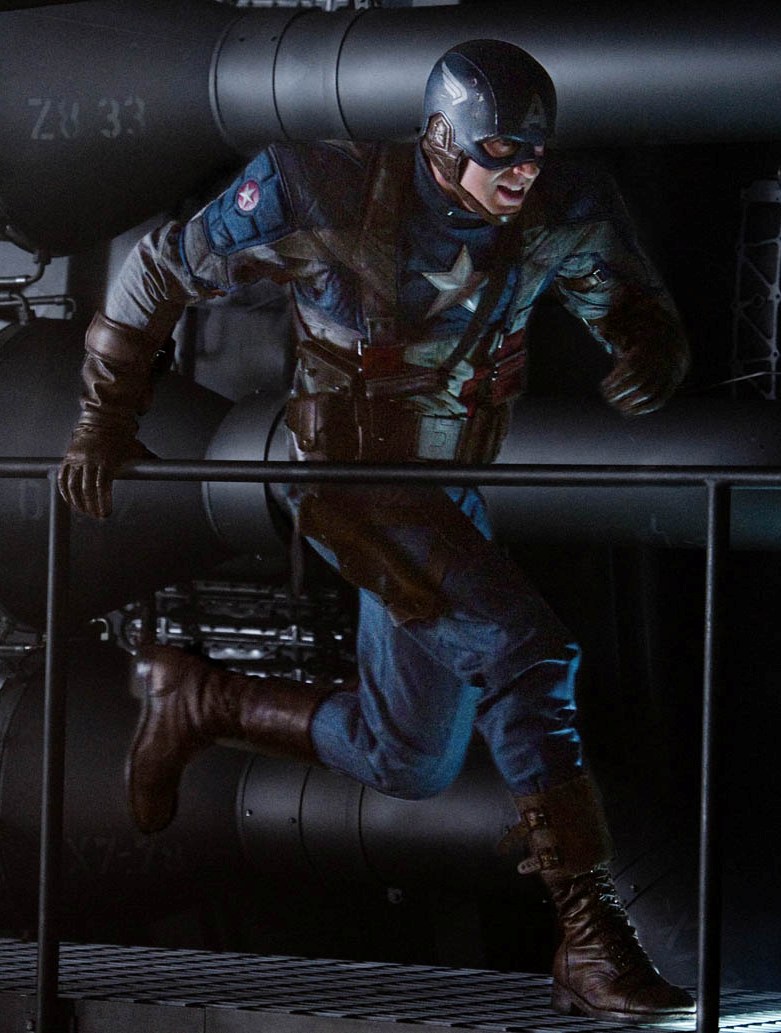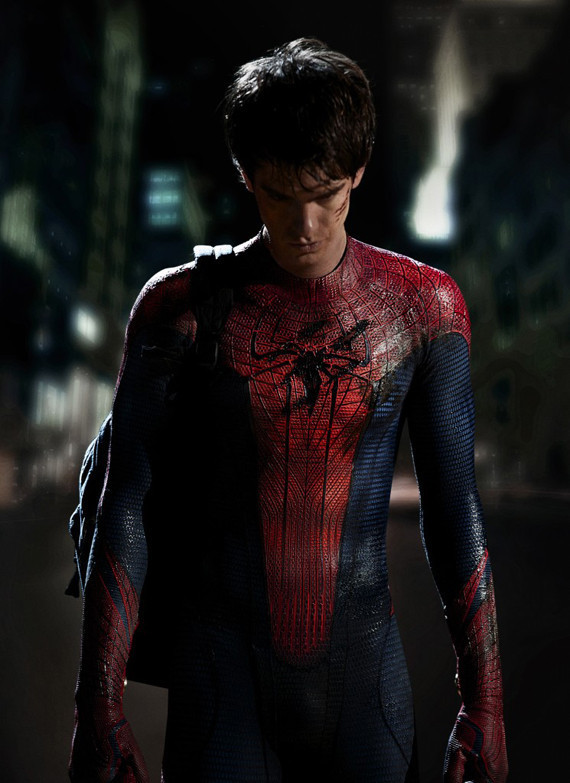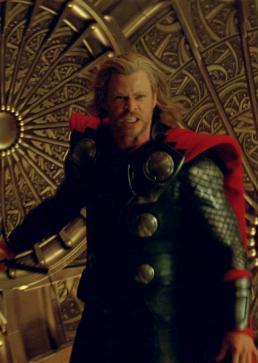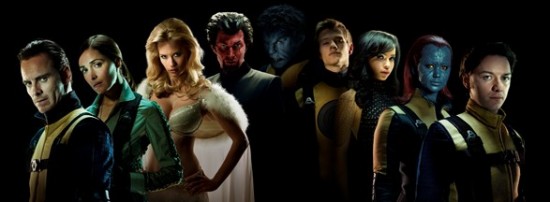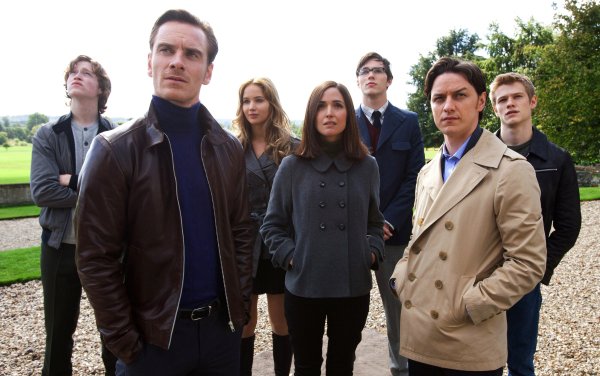
Before we discuss that colorful, mutant-ridden year of 1962, journey if you will, faithful readers, back to June of 2005: Fresh off the impressive Layer Cake, director Matthew Vaughn decides to beg out of the ultimately atrocious X3: The Last Stand in pre-production, due mainly to the highly-compressed production schedule. In his own words, “‘What happened with X-Men 3 was I didn’t have the time to make the movie that I wanted to make.‘”
And so the studio decided to replace Vaughn with veteran hack Brett Ratner, who, true to form, subsequently delivered an egregious cash-grab of a movie. (To be fair, Ratner’s hands were tied by a terrible, death-heavy script that never should’ve been greenlighted.) Thus was destroyed much of the goodwill Fox had built up with Bryan Singer’s X-Men and X2: X-Men United, and the studio’s reputation was cemented as the place where otherwise decent comic book properties are squeezed for an opening weekend box office haul and then left to die. (See also: Daredevil, Elektra, and Tim Story’s two terrible Fantastic Four films.)
So when news broke in May of 2010 that director Matthew Vaughn would be returning to the X-franchise for X-Men: First Class, Fox’s Mad Men-era reboot of Marvel’s most famous mutants — due out the following summer! — the fanfolk out there had to wonder: Would the consistently solid Vaughn, now with Stardust and Kick-Ass under his belt, actually be able to churn out a high-quality X-film under even more ridiculous time constraints? The answer, happily, is yes. Jaunty and briskly paced throughout, this globe-trotting X-adventure has the comic book energy and sense of fun its predecessor lacked. And even with a bevy of C-lister mutants on the roster (more on them in a moment), X-Men: First Class could very well be the best X-film in the franchise. (It and X2 would have to slug that out in the Danger Room, I think.) If nothing else, it’s the second surprisingly solid Marvel film this summer — let’s hope Cap can make it a trifecta.
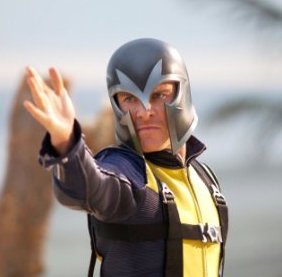 Just as J.J. Abrams and co. made the best of the Star Wars prequels in Star Trek, one great decision Vaughn and his six-deep story and writing team make is to unabashedly borrow from other genre influences. Vaughn himself has described the movie as “X-Men meets Bond,” and that he molded “a young Magneto on a young Sean Connery. He’s the ultimate spy — imagine Bond, but with superpowers.” And it works, in part because Fassbender, like the young Connery, has charisma to spare. For the first half-hour or so, it’s inordinately good fun watching the young mutant master of magnetism (and languages) channel Bond-by-way-of-Simon-Wiesenthal and scour the globe for ex-Nazis to get payback for his parents (not to mention, in a clever switcheroo, Dustin Hoffman in Marathon Man.)
Just as J.J. Abrams and co. made the best of the Star Wars prequels in Star Trek, one great decision Vaughn and his six-deep story and writing team make is to unabashedly borrow from other genre influences. Vaughn himself has described the movie as “X-Men meets Bond,” and that he molded “a young Magneto on a young Sean Connery. He’s the ultimate spy — imagine Bond, but with superpowers.” And it works, in part because Fassbender, like the young Connery, has charisma to spare. For the first half-hour or so, it’s inordinately good fun watching the young mutant master of magnetism (and languages) channel Bond-by-way-of-Simon-Wiesenthal and scour the globe for ex-Nazis to get payback for his parents (not to mention, in a clever switcheroo, Dustin Hoffman in Marathon Man.)
But 007 isn’t the only genre influence at work here. As it does in the comics, if you think about it, the earliest iteration of Xavier’s School for Gifted Youngsters here also has a touch of the Hogwarts magic, especially when our first team of young mutants — here, Mystique, Beast, Havoc, Banshee, a Pixieish Angel, and Darwin — show each other their powers. And, of course, there’s more than a bit of an Obi-Wan-Anakin-and-the-Emperor triangle going on with Professor X, the big M, and Kevin Bacon’s impressive Big Bad, Sebastian Shaw, albeit with less whining and green screen-induced thousand yard stares.
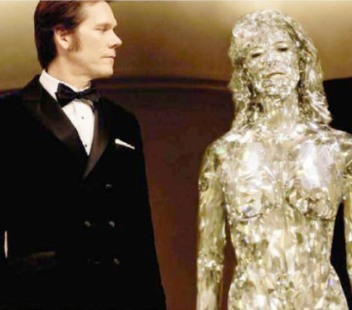 Speaking of Bacon: You really can’t say enough about the exceptional cast of X-Men: First Class. It would be very easy to imagine this film falling on its face if folks other than he, Fassbender, James McAvoy, and Jennifer Lawrence were carrying the acting load here. As it is, you don’t get the sense from any of them that they feel like they’re slumming it here. (Sadly, one does gets that sense from January Jones as Emma Frost, a.k.a. the White Queen. She’s as wooden as Betty Draper and is…not good. The originally cast Alice Eve, or Rosamund Pike, would have been better.)
Speaking of Bacon: You really can’t say enough about the exceptional cast of X-Men: First Class. It would be very easy to imagine this film falling on its face if folks other than he, Fassbender, James McAvoy, and Jennifer Lawrence were carrying the acting load here. As it is, you don’t get the sense from any of them that they feel like they’re slumming it here. (Sadly, one does gets that sense from January Jones as Emma Frost, a.k.a. the White Queen. She’s as wooden as Betty Draper and is…not good. The originally cast Alice Eve, or Rosamund Pike, would have been better.)
The only real qualm I have with X-Men: First Class, and it’s ultimately a minor one, is that this isn’t actually X-Men’s First Class — likely because Cyclops, Jean Grey, and Iceman made it into the first few films — and the roster they chose here feels rather budget. (Havok and Banshee, for example, have pretty much exactly the same power when you get right down to it, and other than Banshee’s “sonar” moment, everything they do here could’ve been done by Scott Summers.) Still, the beauty of the X-franchise is that the roster is always getting rejiggered in some way or another — even death is merely a setback — so they can always bring more intriguing heros on for X-Men: Second Class. Let’s just hope Fox has learned to keep Vaughn, or another director of his caliber, in the director’s (wheel)chair this time.
